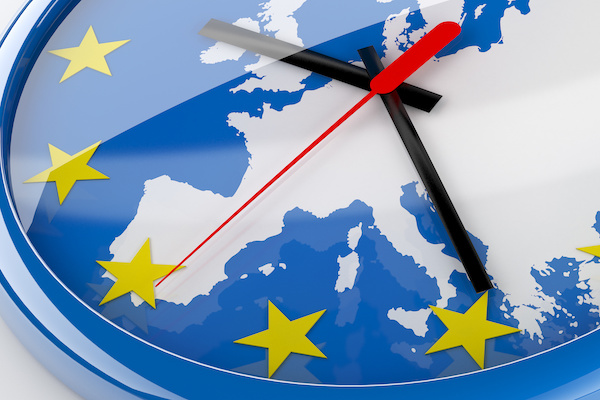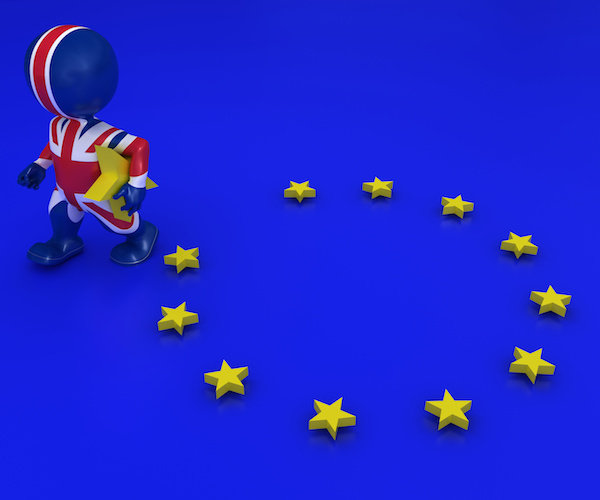27 January 2014
Climate and Energy Policy 2030: The European Commission emphasizes the fight against CO2 emissions


Without offending the supporters of three binding targets (CO2, RES, and energy efficiency) for the European Energy Policy framework for 2030, the Commission finally opted for a more pragmatic approach. Learning from the failures and dysfunctions of the “3x20strategy”, set in 2008 by the third Climate and Energy Package, the Commission has clearly decided to refocus its strategy on the fight against greenhouse gas emissions, among which CO2 represents approx. 75%.
A clear single-target strategy complies with the European energy sector’s expectations; electricity producers were the first to criticize the devastating effects of the “3×20” policy, and especially the collateral effects of the overlapping targets, on the electricity market.
Even the French Court of Auditors, in its last report on the French implementation of the Climate and Energy Package (for which the UFE has been auditioned), recognized the inadequacy of the “3×20 strategy”, to achieve the essential target of EU climate and energy policies: the fight against climate change. In its report, the Court therefore recommends a new policy articulated around a single CO2 target.
Reconcile climate targets and a competitive economy
It seems now that almost everywhere, and at every institution levels, an awareness has been raised. It could be a first move to start over on the right path, without rejecting what has already been done. The lack of a binding target for Member States on renewable energies does not mean that the European Commission gives up its ambitions. It simply means that, in the middle of the serious economic crisis faced by the EU, Brussels is rightly concerned by the international competitiveness of its industries. The escalation of RES subsidy policies in EU member states fostered the development of renewable energies, but it was completely unrelated with the evolution of electricity demand. The combination between the stagnant electricity demand, and the subsidized development of RES, had heavy consequences on the whole electricity sector: production overcapacity, fall of wholesale prices, and in the end, the rising of consumer’s energy bills.
Finally, acting with the intention of rebalancing and clarifying the objective (climate) and means (Renewable energies, Energy Efficiency), the Commission may restore the essential flexibility needed by member states to implement the European energy strategy, by designing their own action plan, based on their strengths, and constraints.
Find out more
02 June 2020
“Long live Europe”: it’s time for Europe!
25 February 2020
Brexit: love last 47 years


About us
The Union of the French Electricity Industry is the trade association of the French electricity sector. We bring together companies from the whole value chain of the electricity industry.
Find out more










